THE SNOW DRAGON (2015)
AUDITORIUM MAGAZINE - BERLIN - by Michael Proudfoot
There aren’t many operas that involve child abuse, and those that do usually deal with it rather tangentially as with The Turn of the Screw, Menotti’s The Medium, or Grendel, Elliot Goldenthal’s opera based on John Gardner’s novel, a re-telling of Beowulf. Only in Peter Grimes is abuse central to the whole opera. Somtow Sucharitkul’s new opera, The Snow Dragon, which had its world premiere at the Skylight Music Theatre Milwaukee in March, also has the physical (and hints of sexual) abuse of a boy as its subject, though it is closer in spirit and structure to The Turn of the Screw.
Billy is a 12 year-old boy, treated violently by his foster father, Stark, appropriately a circus lion-tamer. Billy regularly escapes into a cold and icy fantasy world where there is no pain, and no emotion either, and his guide is the Snow Dragon, a dragon who can no longer roar. Dora, Billy’s jaded counsellor, at first sees him merely as a ‘classic case’, but is gradually drawn into his world, where she helps Billy to express first his anger at Stark, and then his pity for him, which breaks the cycle of abuse.
But our expectation of a conventional happy ending of a children’s fantasy story is subverted. In the opera’s final scene, Dora asks Billy, who hates to be touched, if she may hug him. They move closer together, but, as the final chord sounds and there is a black-out, they haven’t hugged. The effects of abuse don’t stop when the abuse stops, for it has long-term consequences. So the opera’s ending is not a resolution, but just the first step on the long (and possibly never-ending) road to recovery. It is this truth to the reality of abuse that makes the opera so effective.
There are other similarities to The Turn of the Screw. The Snow Dragon has two Acts, each consisting of eight scenes, shifting rapidly in time and between the real and the fantasy world. It employs a chamber orchestra of 15. It makes use of both tonal and twelve-tone music. It has a dense and complex score, with the Skylight’s Music Director, Viswa Subbaraman, who commissioned the opera from Sucharitkul, expertly guiding the ensemble, sometimes indicating different time signatures with each hand.
But that’s where the similarities end. We witness Stark’s whipping of Billy, but it is cleverly shown in stylised fashion. The serial music is used to depict Dora’s Freudian training, her initially detached, ‘professional’, attitude. The tonal music is expansive, lyrical and romantic, with a duet and a trio/quartet with more than just hints of Richard Strauss in them. It is accessible and enjoyable music that, along with the sensitive handling of the difficult subject-matter, helped audiences on the first two nights, which I attended, to respond with standing ovations.
They were reacting, too, to some powerful performances on stage. Luke Brotherhood, like Billy, a 12 year old, was a wonderfully convincing Billy, flinching from human contact, both real and metaphorical. His voice, sensibly amplified, was clear and gained in confidence. Colleen Brooks convincingly portrayed Dora’s own emotional journey, with a firm and radiant mezzo. Cassandra Black was magnificently Wagnerian as the soprano Snow Dragon, and Dan Kempson both menacing and seductive as Stark. Erica Schuller magically transformed from Billy’s foster mother into a fantasy princess, and blended beautifully with Brooks and Black in the final trio. The imaginative direction, drawing on both Eastern and Western elements, was by Matthew Ozawa.
